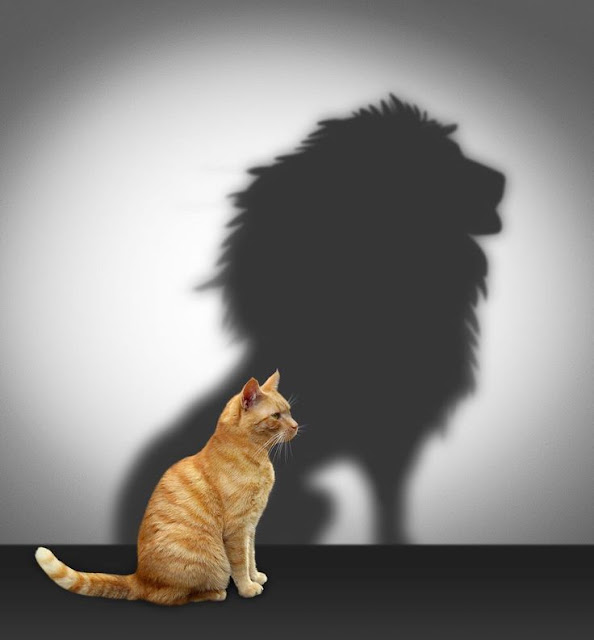Understanding Self-Worth Value

“We cannot think of being acceptable to others until we have first proven acceptable to ourselves.”― Malcolm X
Knowing our Value or self-worth is an emotional subject, and often confused as to how to answer the question when asked. It is easy to identify when we don’t feel valued, respected, or appreciated, but knowing our value is somewhat different.
Self-worth is what enables us to believe that we are capable of doing our best with our talents, of contributing well in society, and that we deserve to lead a fulfilling life. Building it up again is therefore natural, essential, and health. But what exactly is knowing our value? Is it having positive self-esteem? Is it knowing our worth and being able to identify all of our positive qualities?
No one can make you feel inferior without your consent. – Eleanor Roosevelt.
What Is the Meaning of Self-Worth and Self-Value?
Self-worth is defined by Merriam-Webster as: “a feeling that you are a good person who deserves to be treated with respect”.
On the other hand, self-value is “more behavioral than emotional, more about how we act toward what we value, including ourselves than how we feel about ourselves compared to others” (Stosny, 2014).
Self-worth ultimately comes from within, the value we place on ourselves is the only type of worth we can control. We determine how outside factors influence our inner sense of value. These are the actions, judgments, and reactions of other people. They’re the expectations of our loved ones and the demands of our job. From society’s unspoken standards to the rules written on paper, everything outside of our body is an external source. When we base our self-worth on external sources, we tread down a risky path.
“A man cannot be comfortable without his own approval.”
Mark Twain
How to grow our Self-Worth Value?
#1: You have positive self-esteem.We believe in and like ourselves. Self-esteem is confidence in one’s own worth or abilities. We are comfortable with who we are — our weight, height, and everything that makes and represents us. We are confident in the work we deliver and our sense of professionalism. We like and have a great relationship with people.
#2: We should stop making our self-worth conditional on other people. If we try to live up to other people's expectations, we'll struggle to find our self-worth. Unfortunately, many people live this way, making such choices as what to study, what career to choose, where to live, and how many children to have, all based on expectations from parents, spouses, friends, and the media.
#3: We should recognize our intrinsic self-worth as a human being. We are valuable people just because we exist. No matter what mistakes we have made, where we’re from, or what we do, we are still worthy people. Use mistakes and past experiences as teachers, not as a measure of our self-worth. Everyone should be treated with dignity and respect, including you.
#4: Live life from moment to moment. Find value in every moment, and look for meaning in everything we do. Living in the past can lead to regrets, and living in the future can make us feel disappointed about the present. This moment, right now, is the most important time of our life. Remember the saying, “Yesterday’s history, tomorrow’s a mystery, today is a gift, that’s why they call it the present.”
#5: Let's learn to forgive ourselves and other people. Responsibility also requires that we relinquish the need to use blame as a source of coping; blame alleviates the need to look at ourselves and to change our own behavior. Blame will leave us stuck in time and stuck with our negative feelings, and it perpetuates feelings of helplessness. Blame implies that someone or something else has the power that you lack.
#6: Rejoice in your uniqueness. We all have unique gifts, strengths, and talents. Sometimes we overlook our amazing qualities because we are distracted by our weaknesses. Become content with our weaknesses and eccentricities. Love our uniqueness and offer it to the world. How can we use our unique life story to help others?
If we truly value ourselves, we will stop doing things that harm our chances of living a healthy and happy life. Begin making self-acceptance and self-compassion a priority as we work toward becoming the best person we can be.
So we can choose to read this, or not. Choose to enact it, or not. Choose to see our value as unconditional or not. Whatever we decide is our choice. Always remember that “Today you are You, that is truer than true. There is no one alive who is Youer than You.”
CC: wikihow.com, youhaveacalling.com, management30.com, .thecoachingroom.com, positivepsychology.com


This is awesome
ReplyDeleteI love this...
ReplyDeletePlease don't stop....
ReplyDeleteLove your page..
ReplyDelete👏🏽👏🏽👏🏽
ReplyDeleteGreat work..greater works will you do
ReplyDeleteVery nice write up.. well done!!!
ReplyDelete